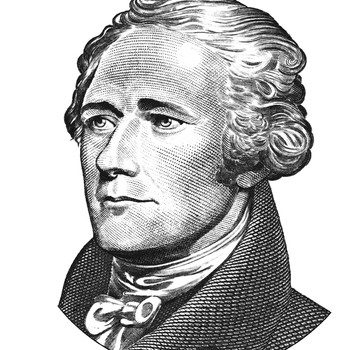Why did Japan take so long to surrender?
2 Answers
Japan
Explanation:
One argument is that if we didn't drop the bomb, then we would have to fight on mainland Japan. Japanese soldiers in WW2 weren't really known for surrendering. Most likely they would have fought until the U.S. occupied all of Japan. The estimated casualties (military and civilian) from fighting on mainland Japan would have exceeded the casualties from both bombs. The shock of a bomb that strong scared Japan into surrendering.
The answer to this lies in the "Unconditional Surrender" stance of the Allies.
Explanation:
Like Germany, Japan had to surrender unconditionally from the American point of view.
The Japanese Cabinet, established in June, purpose was to obtain a Peace deal. Their initial overtures were to subtle and not overtly unconditional. This Cabinet had to be very careful as many younger commanders wanted to keep the war going to the bitter end. The eventual surrender process was very difficult. They might be losing but there was no general understanding that they had lost.
At the time the atom bomb was viewed by many as just another bullet in the arsenal. A very expensive bullet at that. The general view of the extreme nature of nuclear weapons is a product of the Cold War, although a few scientists had some idea. They only had 2 Atomic bombs available and they could produce about 1 a month thereafter. They used one and waited a few days for a response and used another.
How much effect the atomic bombs had on the Japanese Cabinet at the time is difficult to assess as Japanese cities were being flattened by conventional bombing so the difference was only of degree. They were trying to surrender anyway they were just having difficulty making it happen. To help assess how difficult it was the War Minister, a respected military commander, took responsibility for losing the war and committed ritual suicide. He probably understood he would have to do this when he was appointed.
In the end the Japanese were allowed to keep their Emperor and he was not charged with War Crimes.


